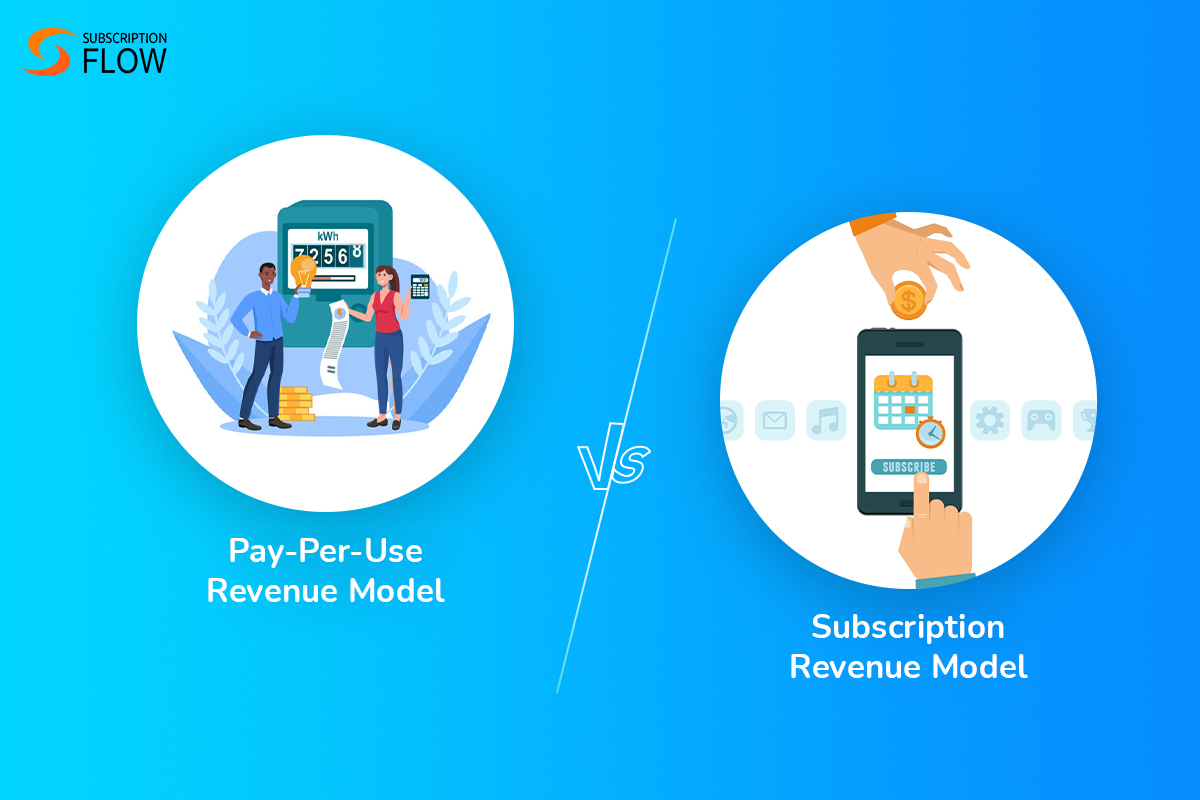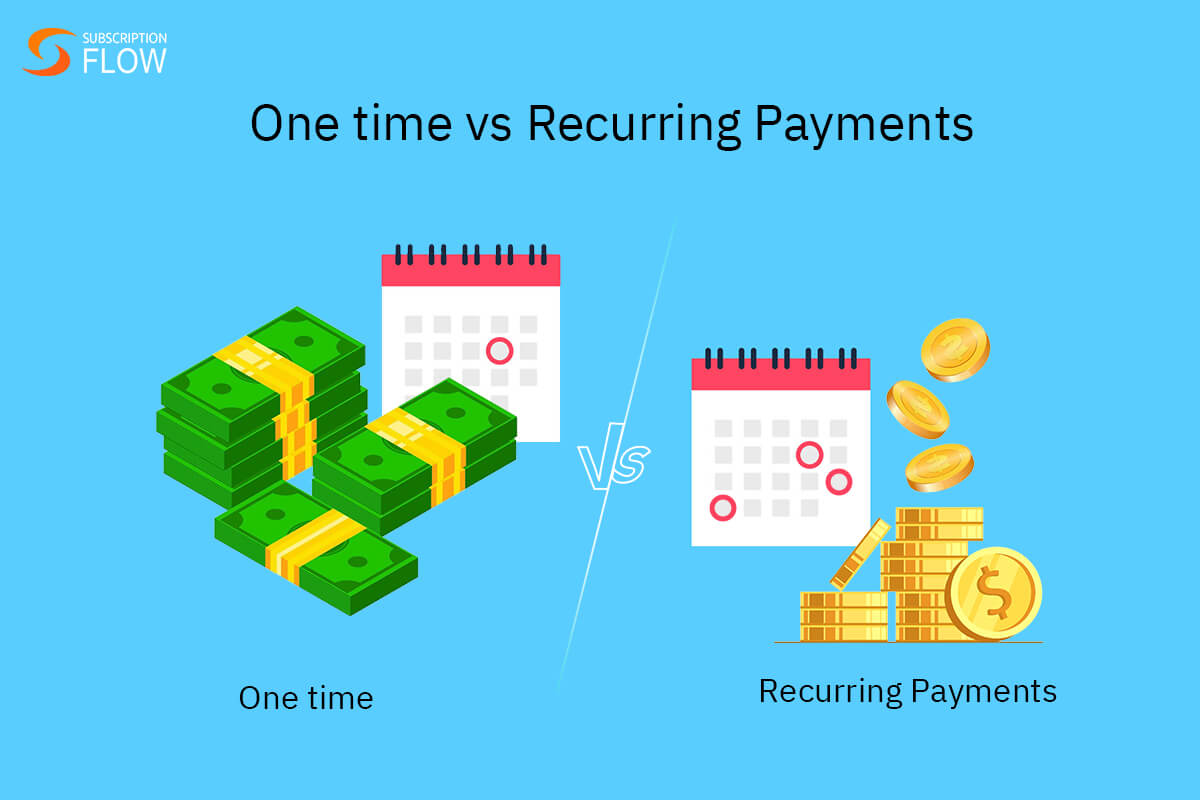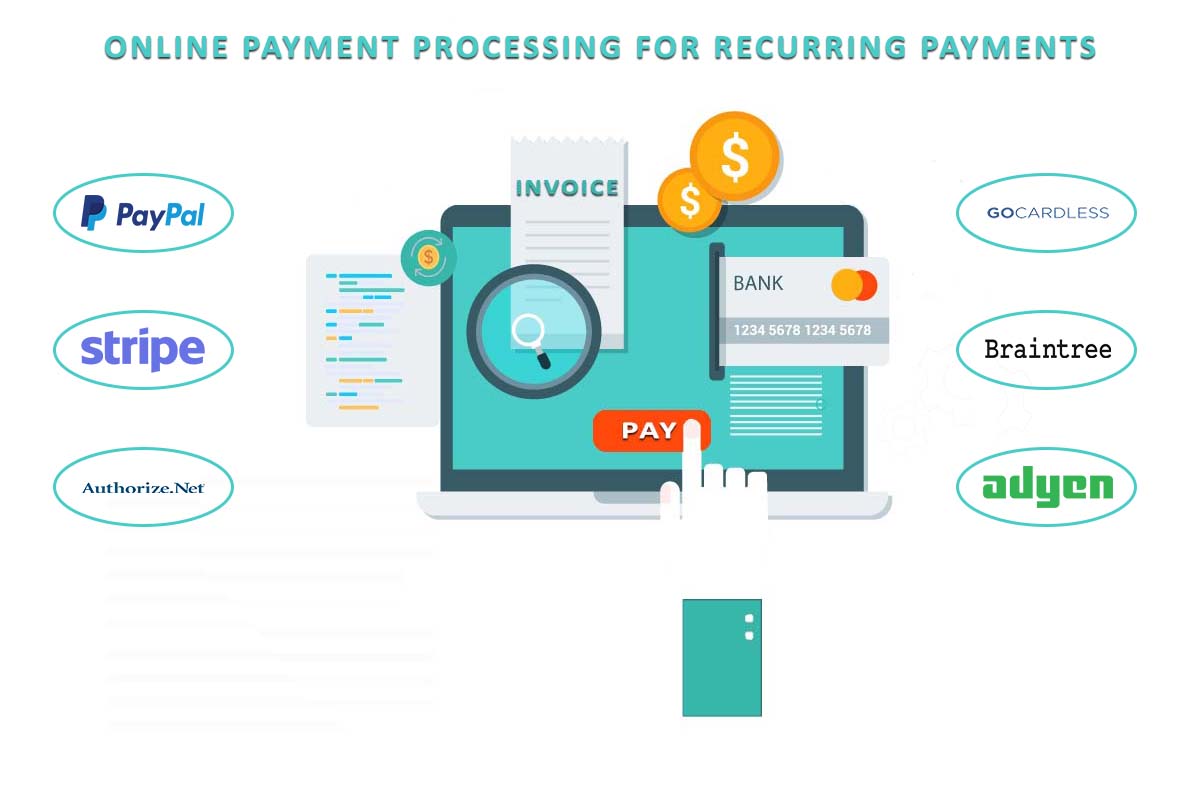
CFO vs Finance Director: Responsibilities and Challenges
With the highly flexible nature of many digital industries, the past few years have witnessed increased complexities in leadership hierarchies. One needs to understand how responsibilities, scope, and skills differ for each role to clearly decipher differences such as CFO vs finance director.
Understanding the distinction between these roles is quintessential to good business strategy and integrations with financial tools that will help both financial leads do their job better.
Without further ado, let us take a look at the comparison: CFO vs Finance Director!
CFO – What are the duties associated with this title?
A CFO is a senior position in an organization that is in charge of handling all the financial operations and strategies within the company. Normally, a CFO serves on the executive team of the organization and reports to either the Chief Executive Officer or the board of directors.
Their primary role is to oversee the financial health of the company and provide strategic financial guidance to support the organization’s overall goals and objectives. This involves assessing the financial risks and opportunities facing the organization, analyzing financial data and trends, and making recommendations to improve profitability and efficiency.
Moreover, the CFO is in charge of accounting reports and compliance management. They must make sure that the company’s financial statements are proper and accurate, meeting all relevant accounting standards and regulations.
Capital management is another important function that comes with the job of a CFO. They manage the company’s capital structure, including decisions related to equity and debt financing. CFOs evaluate investment opportunities, assess the cost of capital, and make decisions on raising funds or allocating capital to support the company’s growth and strategic initiatives.
CFOs are not just departmental leaders but rather the champions for the organization as well. They create and manage finance teams in which the talent and resources needed to perform these functions exist. They also closely interact with other functional units like operations and marketing to harmonize financial objectives with business outcomes.
Finance Director – What are the duties associated with this title?
A finance director is a general-management officer of the senior-most tier of an organization. The role comes with the responsibility to supervise and manage the financial processes of a company. They ensure that the organization is financially stable by formulating actionable financial strategies.
The primary responsibilities of a finance director are financial planning and analysis. They work closely with the executive team and other departments to develop short-term and long-term financial plans that align with the company’s goals and objectives.
Finance directors are also responsible for the preparation and distribution of financial reports, coordination of audits, and ensuring the implementation of internal controls that safeguard the assets of the company, and ensure financial transparency.
Capital management is another important role on the part of the finance director. They manage the capital structure of the organization, encompassing any activity within the sectors of financing, investments, and risk.
Beyond performing the aforementioned core duties, finance directors frequently provide strategic financial guidance to both the executive team and the board of directors. They contribute to the development and execution of the company’s overall strategy, providing financial insights and analysis on key business decisions.
Finance directors also lead and manage finance teams within the organization. They recruit and develop finance professionals, ensuring that the department has the necessary skills and expertise to support the company’s financial objectives.
The Differences: Finance Director vs CFO
The roles: CFO vs finance director vary from company to company and even from industry to industry. Following are some common distinctions between them:
Scope of Responsibility
A CFO is often a more significant role than a finance director.
Normally, CFOs administer the overall financial strategy and activities of an organization. Some of the most common functions performed by the CFO include financial planning, risk management, budgeting, and investor relations.
Finance directors will frequently be concerned with only a single area of finance-specializing, for example, in financial reporting, budgeting, or analysis.
Strategic Decision-Making
CFOs are more enmeshed in strategic decision making pertaining to an organization. They tend to work in tandem with other executives as they consult over matters of business growth, investment opportunities, and financial risks.
Finance directors would be mostly about executing financial plans while supporting the CFO with their strategic initiatives, though they also become part of the strategic discussions themselves.
External Relations
CFOs are generally the driving force behind external relations, where they can represent the organization to investors, financial institutions, and regulatory bodies. Their activities might include overseeing financial agreements, as well as mergers and acquisitions. They might also manage stakeholder partnerships.
Finance Directors are more inwardly focused. They make sure that the company’s financial statements are accurate and manage controls within the organizations. They are an essential part of internal financial decision-making.
Reporting Structure
Due to the role that the CFO plays in offering financial guidance and strategic insights to top-level management, they typically report directly to the CEO or the board of directors.
Finance directors usually answer to the CFO or other senior finance leaders. Their duties are more functional in character.
Skill Set and Experience
Both roles involve high financial acumen combined with an understanding of the elements of the accounting discipline. However, the difference seems to lie in skill development in a CFO, who generally is more competent than his peers due to strong strategic thinking, leadership, and ability to communicate complex financial ideas to stakeholders who are not financially literate. They tend to have extensive finance experience, with excellent control in the management of financial operations and leadership.
Finance directors’ skills may be in a more professionalized area and dedicated to technical features of finance such as financial analysis, budgeting, or financial systems implementation.
However, job titles and responsibilities may overlap (according to the industry and organizational structure), and the distinctions mentioned above may not apply universally. But both these financial officers can benefit greatly from accounting solutions, even if their responsibilities overlap or are separate.
How Do Integrations Help Financial Officers Perform Their Responsibilities?
Integrations like QuickBooks or Xero can highly support financial officers with their tasks because they offer a great range of financial management options and automation of different financial activities.
A QuickBooks and Xero integration can be beneficial in these ways:
Centralized Financial Data
QuickBooks and Xero act as central hubs for managing financial information. They let the financial officer track every financial transaction – revenue, expense, income, invoices, and payments – clearly, and without much hassle.
Through these integrations, where all financial information is housed in a single place, financial officers can obtain an integrated view of the financial fitness of the organization, thus simplifying cash flow monitoring, cost tracking, and profitability analysis.
Automated Accounting
Accounting software can automate the bookkeeping processes, such as by importing and categorizing financial data in various sources. Bank transactions can automatically be synced out so that one does not have to manually perform financial reconciliation.
This automation does not only save time but also reduces errors and ensures accurate and updated financial records. This saves financial officers tedious time of trying to work out through reconciliation of accounts to generate financial reports.
Simplified Invoice and Payments
These integrations provide strong invoice features; financial officers can generate professional invoices and send those to the customers, while payment statuses also get tracked. Integration with payment gateways allows an easy online payment facility for the customers.
Applicants can effectively manage their accounts receivable, monitor outstanding payments, and better manage the cash flow. The integration process between the banking institutions eases the reconciliation process too, and maintains an accurate record of all the transactions.
Reporting and Financial Analysis
QuickBooks and Xero both have a developed reporting feature that allows financial officers to produce a wide variety of financial statements, including balance sheets, income statements, and cash flow statements.
These integrations present flexible reports and dashboards, enabling financial officers to examine financial data, identify trends, and monitor KPIs. The presence of real-time financial information fuels smart decision-making and supports financial forecasting and strategy-making.
Integration with Third-Party Tools
Some platforms provide integrations of multiple third-party applications and services like customer relationship management (CRM) software, and payroll management platforms.
This means that, through integration, the financial officers can expedite data flow and eliminate time consuming hand entry into multiple systems; for instance, with the integration into a payroll system, a person can easily and accurately record payroll expenses.
Collaboration and Accessibility
In QuickBooks and Xero, customers access financial data from their cloud-based versions, from anywhere, at any time, and communicate with other team members in real-time.
Many users can work simultaneously, which provides users with successful collaboration opportunities. Accessing data via cloud guarantees data protection, minimizing the possibility of data loss. Moreover, you can enable automatic data backups as well.
Final Word
With a software like SubscriptionFlow, you gain access to its multiple integrations like QuickBooks and Xero. You can give your company’s financial officers advanced tools for financial management, smooth invoicing and payment processes, robust reports and analytics, integration with external accounting software, and more.
By utilizing the advantages available through these integrations, a CFO or a financial director can optimize financial operations to improve efficiency and make some data-driven decisions on the organization’s road to financial success.










